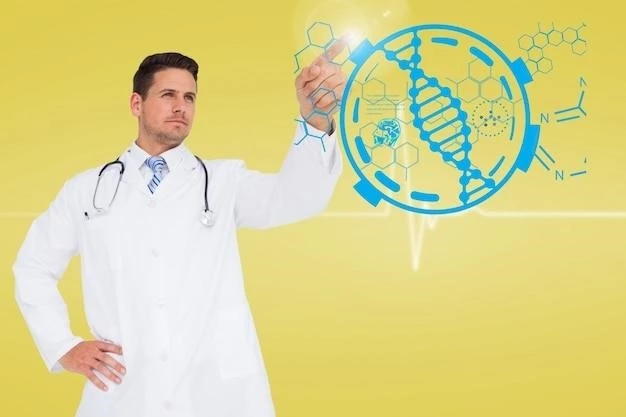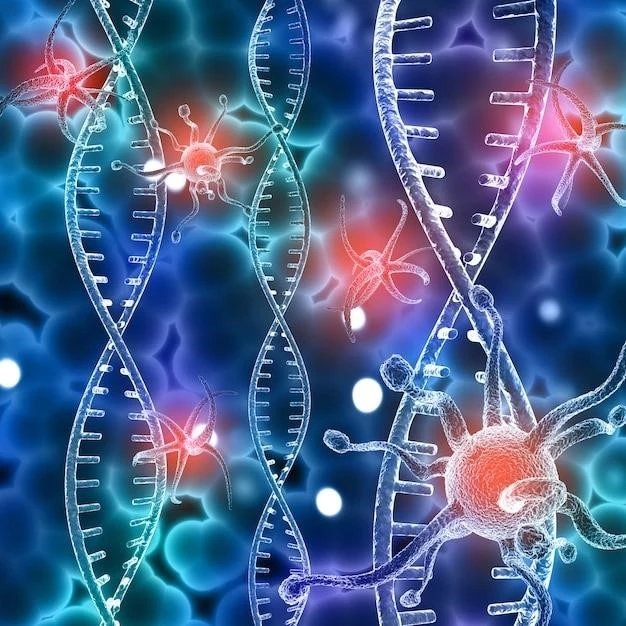Understanding Chromosome 7 Disorders
Chromosome 7 disorders, such as Monosomy 7p, can present various symptoms affecting individuals. Understanding these disorders is crucial for timely diagnosis and intervention. Stay informed about genetic counseling, treatment options, research advances, diagnosis challenges, support groups, and the impact on development and health.
Symptoms of Monosomy 7p
Monosomy 7p, a chromosomal abnormality characterized by the loss of part of the short arm of chromosome 7, can lead to a range of symptoms. Common manifestations include growth delays, intellectual disabilities, characteristic facial features, skeletal abnormalities, congenital heart defects, and an increased risk of developing myelodysplastic syndrome or acute myeloid leukemia. Individuals with Monosomy 7p may also experience recurrent infections, thrombocytopenia, and abnormal skin pigmentation. It is essential for medical professionals and caregivers to be aware of these symptoms to facilitate early detection and appropriate management strategies.
Genetic Counseling for Chromosome 7 Abnormalities
Genetic counseling plays a vital role in assisting individuals and families affected by chromosome 7 abnormalities. Genetic counselors provide information about the genetic basis of these disorders, discuss inheritance patterns, and help individuals understand the implications of test results. They offer support in decision-making regarding family planning, recurrence risks, and available screening options. Through thorough genetic counseling, individuals can gain knowledge about the nature of chromosome 7 deletions, potential associated medical issues, and available resources for further evaluation and management. Genetic counselors work collaboratively with healthcare providers to ensure comprehensive care and empower individuals to make informed choices regarding their genetic health.
Treatment Options for Monosomy 7p
Treatment for Monosomy 7p focuses on managing individual symptoms and complications associated with this chromosomal disorder. Medical intervention may include growth hormone therapy to address growth delays, physical and occupational therapy to support motor development, educational interventions to address learning difficulties, and cardiac care for congenital heart defects. In cases where myelodysplastic syndrome or acute myeloid leukemia develops, treatment may involve chemotherapy, stem cell transplantation, and close monitoring by hematologists and oncologists. Multidisciplinary care involving geneticists, pediatricians, hematologists, and other specialists is essential to optimize treatment outcomes and improve the quality of life for individuals with Monosomy 7p.
Research Advances in Chromosome 7 Disorders
Research into chromosome 7 disorders, including Monosomy 7p, is continuously advancing our understanding of the genetic mechanisms and clinical implications associated with these conditions. Studies focus on identifying new genes located on chromosome 7, elucidating their functions, and exploring the role they play in disease development. Additionally, researchers investigate potential therapeutic targets to address the specific challenges faced by individuals with chromosome 7 abnormalities. Advances in genomic technologies and collaborations within the scientific community contribute to ongoing progress in diagnosing, treating, and ultimately improving outcomes for individuals with chromosome 7 disorders. Continued research efforts are essential for further unraveling the complexities of these genetic conditions and developing more targeted and effective interventions.
Diagnosis Challenges of Partial Monosomy 7p
Diagnosing Partial Monosomy 7p can present significant challenges due to the complexity of chromosomal analysis and the variable expressivity of symptoms associated with this genetic condition. The deletion involving part of the short arm of chromosome 7 may result in a spectrum of clinical phenotypes, making it challenging to predict the specific manifestations in affected individuals. Furthermore, the detection of chromosomal abnormalities, including partial monosomy, often requires specialized genetic testing techniques such as chromosomal microarray analysis or fluorescence in situ hybridization (FISH). Interpretation of test results can be intricate and may necessitate the expertise of geneticists and genetic counselors to provide accurate information and guidance to patients and their families. Heightened awareness among healthcare providers and access to advanced diagnostic tools are crucial in overcoming the diagnostic challenges associated with Partial Monosomy 7p.
Support Groups for Individuals with Chromosome 7 Deletions
Support groups for individuals and families affected by Chromosome 7 deletions play a crucial role in providing emotional support, sharing experiences, and fostering a sense of community. These groups offer a platform for individuals facing similar genetic challenges to connect, exchange information, and access resources tailored to their unique needs. By participating in support groups, individuals with Chromosome 7 deletions can find comfort, encouragement, and valuable insights from others who understand their journey. Support groups may also facilitate educational opportunities, advocacy initiatives, and access to specialized services that can enhance the overall well-being of those impacted by these genetic conditions. Building supportive relationships within these communities can help individuals navigate the complexities of living with Chromosome 7 deletions and promote resilience in facing associated developmental and health-related challenges.
Impact of Monosomy 7p on Development and Health
Monosomy 7p can have a profound impact on both the development and health of affected individuals. Developmentally, individuals with Monosomy 7p may experience delays in growth, motor skills, and cognitive development. These developmental challenges can affect educational progress and require specialized interventions and support services. Health-wise, Monosomy 7p is associated with an increased risk of certain medical conditions such as myelodysplastic syndrome and acute myeloid leukemia. Regular monitoring by healthcare professionals is essential to detect and manage these potential health complications. The impact of Monosomy 7p is multifaceted, influencing various aspects of an individual’s physical, cognitive, and emotional well-being. Comprehensive care that addresses the developmental and health needs of individuals with Monosomy 7p is essential to optimize outcomes and enhance their quality of life.

